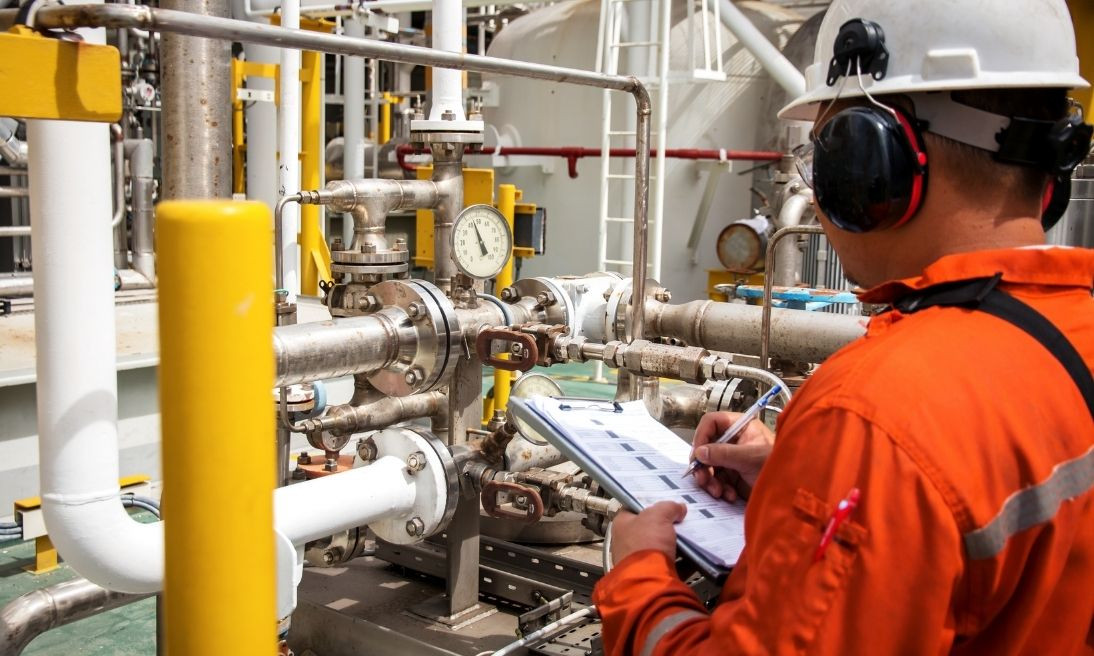Safety Protocols To Follow When Handling Specialty Gas
Even though working around compressed gas is usually fine, if something goes wrong, it could spell disaster for you and your nearby coworkers. The times an incident like this is possible is when the canisters are getting moved around. That’s why we’ve put together a list of safety protocols to follow when handling specialty gas for you. We don’t want anyone to get hurt due to an avoidable accident.
Carry Them the Right Way
Like most things in the world, there is a right and wrong way to carry them. It’s just vitally more important that you secure these the correct way when transporting them. If you are moving only one canister, make sure you carry them upright and don’t set it down hard or bump it against surfaces. Also, don’t pick it up or set it down by holding the valve.
If you are moving multiple cylinders with a cart, take the same level of caution and make sure they don’t jostle around too much. If needed, strap them together or put them in a crate that will hold them in place.
Store Them Properly
After taking the canisters to their desired location, you need to ensure that they get stored properly. Ideally, they should be in a spot that is cool, dry, and well-ventilated. Make sure their storage area is also far away from heat and corrosive vapors. You don’t want something that can set off a chain reaction with them.
Accidents still occur, though, so you’ll want to make sure they aren’t put near any exits, busy hallways, or stairs. In the event of an accidental explosion, you won’t want anyone nearby or for it to block off an escape route. Also, be sure to mark empty containers and store them separately.
Be Very Careful When Opening One
While it doesn’t need to get done often, a cylinder occasionally needs to be opened up for inspection. If you are the one opening it, take it to an area with a fume hood to keep the gas from spreading through the facility. Ensure that you have the correct wrench for the job as well. This isn’t a one-size-fits-all scenario. Also, the valves for more dangerous gases, like flammable ones, should only be opened by ¾ of a turn at max. You won’t want too much of that gas escaping.
Ask Questions if Unsure
The final safety protocol to follow when handling specialty gas is to simply ask questions if you’re ever unsure. Trying to figure a problem out on your own could lead to an unnecessary injury if you’re not careful. If your higher-up is uncertain themselves, then they will consult with the supplier or a gas specialist.
In the case that your gas supply equipment has broken or malfunctioned, it will likely need to get replaced, and that’s something that we will be able to do for you. We offer a wide variety of specialty gases and equipment that you will likely need, so don’t hesitate to give us a call.

